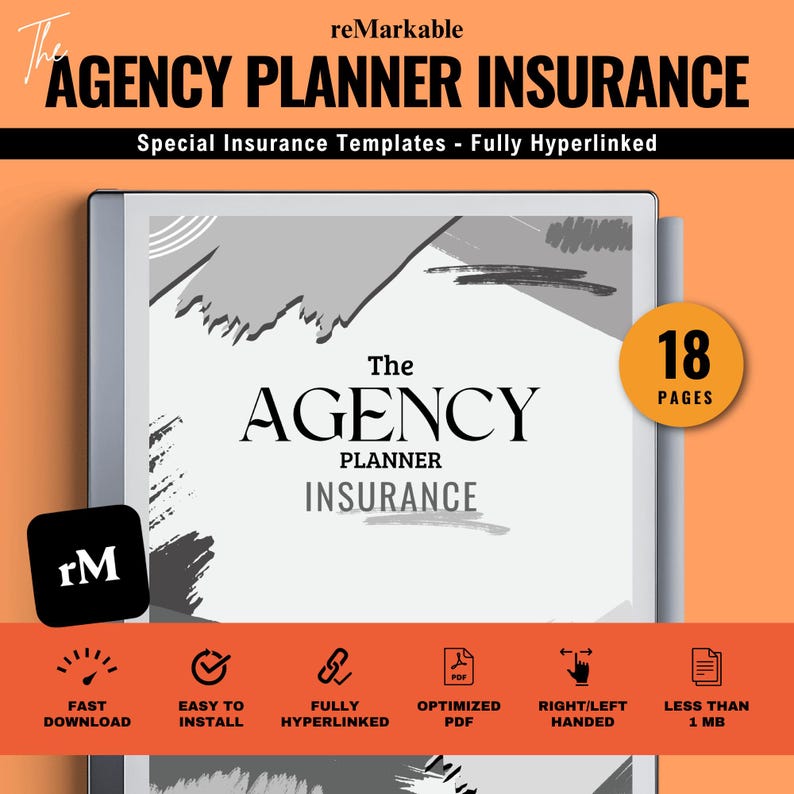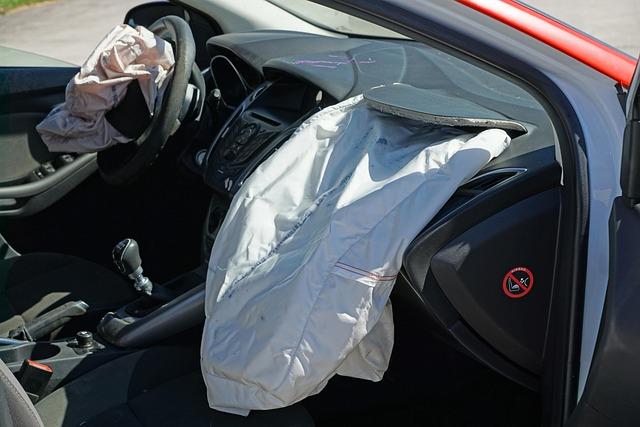Buying and selling used cars is more than just a business—it’s about trust, safety, and protecting everyone involved. For used car dealers, navigating the world of liability insurance can feel overwhelming, but it’s a crucial step in safeguarding your livelihood. Whether you’re just starting out or looking to update your coverage, understanding what liability insurance entails and why it matters can make all the difference. In this guide, we’ll gently break down the essentials you need to know so you can move forward with confidence and care.
Table of Contents
- Understanding the Types of Liability Insurance Essential for Used Car Dealers
- Common Risks and How Liability Insurance Provides Protection
- Key Factors to Consider When Choosing a Liability Insurance Policy
- Practical Tips for Managing Claims and Maintaining Coverage
- In Retrospect
Understanding the Types of Liability Insurance Essential for Used Car Dealers
Used car dealerships operate in a complex environment where various risks can arise at any moment. Protecting your business means understanding the different types of liability insurance that safeguard your assets, employees, and customers. General liability insurance is the cornerstone policy, covering claims related to property damage or bodily injury that occur on your premises. This protection is vital when a customer slips in your showroom or when a vehicle on your lot causes accidental harm. Without it, the financial fallout from such incidents could be devastating.
Beyond general coverage, product liability insurance is crucial for used car dealers. It shields your business from claims resulting from vehicle defects, such as faulty brakes or airbags that may cause accidents after the sale. Additionally, garage liability insurance helps when your business activities include servicing or repairing vehicles, covering injuries and damages related to those operations. To comprehensively protect your dealership, consider a tailored insurance package that includes these coverages, along with others like garagekeepers insurance for safeguarding customer vehicles in your care.
- General liability protects against onsite accidents
- Product liability covers post-sale vehicle defects
- Garage liability applies when servicing or repairs are performed
- Garagekeepers insurance protects customer vehicles on your premises
Common Risks and How Liability Insurance Provides Protection
Used car dealerships face a variety of unpredictable challenges daily, from customer disputes over vehicle defects to accidental damage on the lot. Slip-and-fall accidents, unexpected vehicle malfunctions shortly after purchase, and even third-party property damage during test drives are all common risks that can lead to costly legal claims. Without proper protection, these situations can drain financial resources and tarnish a dealership’s reputation, making it vital to address these vulnerabilities proactively.
Liability insurance acts as a crucial safety net by covering the financial fallout of many such incidents. It offers legal defense costs, settlement payments, and medical expenses related to bodily injuries or property damage caused by your business operations. This coverage ensures dealers can focus on customer satisfaction and business growth without the constant fear of crippling lawsuits. By tailoring policies to specific dealership needs, liability insurance transforms unpredictable risks into manageable challenges, empowering dealers to operate with confidence.
Key Factors to Consider When Choosing a Liability Insurance Policy
When selecting a liability insurance policy, it’s vital to assess the scope of coverage offered. Not all policies are created equal, and some may exclude common risks faced by used car dealers, such as property damage on consigned vehicles or injuries sustained during test drives. Carefully reviewing the fine print helps ensure that your business is shielded from the unique challenges of the used car industry. Additionally, understanding the limits and deductibles will help you balance protection with affordability, so you’re not caught off guard by unexpected out-of-pocket expenses.
The reputation and responsiveness of the insurance provider should also weigh heavily in your decision. Prompt claims handling can make all the difference when dealing with liability issues that might impact your dealership’s operations and customer trust. Seek out carriers with proven experience in insuring automobile businesses, and check for reviews or testimonials regarding their customer service. Beyond that, consider policies with flexible endorsements that allow you to customize coverage as your inventory and risk exposures evolve, giving you peace of mind that your protection grows alongside your business.
- Coverage inclusions and exclusions specific to used vehicles
- Policy limits that match the scale of your dealership
- Deductible amounts that fit your financial strategy
- Insurance provider’s industry expertise and claims reputation
- Options for endorsements or add-ons tailored to auto dealers
Practical Tips for Managing Claims and Maintaining Coverage
Effectively navigating claims is crucial for protecting your dealerships’ financial health and reputation. As soon as a claim arises, document everything meticulously — photos, statements, and timelines matter. Communicate promptly with your insurer, providing all requested information clearly and comprehensively. Avoid admitting fault or making speculative statements, as these can complicate the process. Consider appointing a dedicated staff member to oversee claims management, ensuring consistency and professionalism in handling incidents.
To maintain optimal coverage, regularly review your policy terms, especially after changes in your inventory size, sales volume, or business practices. Engage with your insurance agent to tailor protections that reflect your evolving risks. Additionally, implementing safety protocols and employee training not only reduces the likelihood of claims but also strengthens your position with insurers. Here are some quick actionable points to keep in mind:
- Keep detailed records of all transactions and inspections.
- Conduct regular risk assessments and update coverage accordingly.
- Train your team consistently on customer interactions and vehicle disclosures.
- Follow up promptly on any potential liability issues before they escalate.
In Retrospect
Navigating the complexities of liability insurance can feel overwhelming, especially when you’re focused on running a successful used car dealership. But understanding the essentials isn’t just about compliance—it’s about protecting your business, your customers, and your peace of mind. By staying informed and choosing the right coverage, you’re taking a crucial step toward safeguarding your dealership’s future. Remember, in the ever-changing world of auto sales, being prepared is your best defense. If you have questions or need personalized advice, don’t hesitate to reach out to a trusted insurance professional. Your business deserves that extra layer of care.






